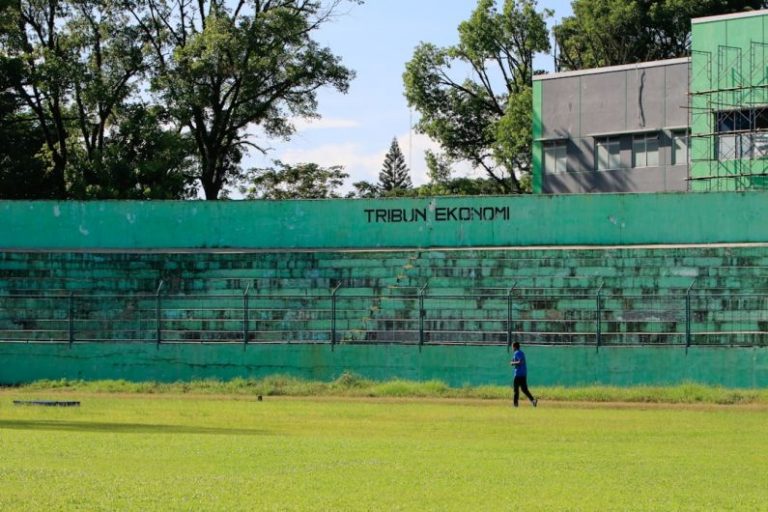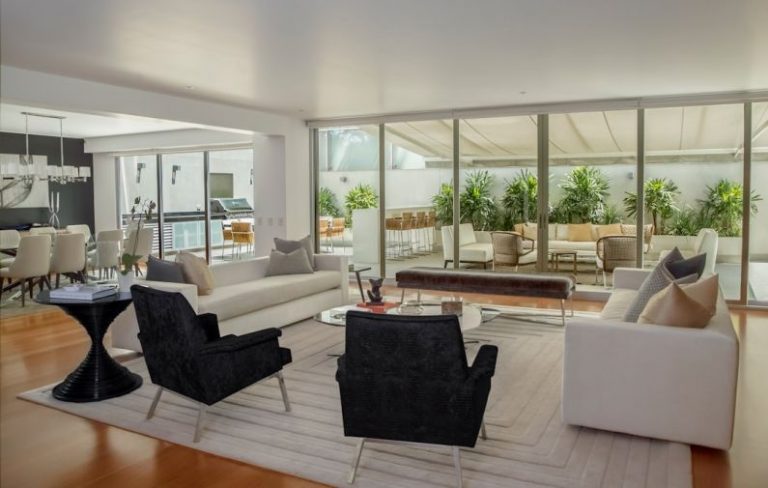
The Property Market in the Middle East is experiencing a significant transformation as the region continues to evolve economically and socially. With rapid urbanization, changing demographics, and shifting investment trends, real estate dynamics in countries like the United Arab Emirates, Saudi Arabia, and Qatar are constantly adapting to meet the demands of a modern and diverse population. Let’s delve into the key factors driving the evolution of the property market in the Middle East.
Economic Diversification and Infrastructure Development
One of the primary drivers of change in the Middle East property market is the region’s ongoing efforts to diversify its economy beyond oil and gas. Countries like the UAE and Saudi Arabia are investing heavily in infrastructure development, tourism, and technology sectors to reduce their reliance on hydrocarbon revenues. This diversification strategy has led to the creation of new business districts, leisure destinations, and residential communities, thereby expanding the scope of real estate opportunities in the region.
Dubai, in particular, has emerged as a global hub for real estate investment, with iconic projects such as the Palm Jumeirah, Dubai Marina, and Downtown Dubai reshaping the city’s skyline. The Expo 2020 event in Dubai has also spurred development activity, with new hotels, commercial spaces, and residential projects catering to the influx of visitors and investors. Similarly, Saudi Arabia’s Vision 2030 agenda aims to transform the kingdom’s economy and society, with mega-projects like NEOM and Qiddiya driving demand for commercial and residential properties.
Shift towards Sustainable and Smart Buildings
As sustainability and technology become integral to urban planning, the Middle East property market is witnessing a shift towards eco-friendly and smart buildings. Developers are increasingly incorporating green features such as solar panels, energy-efficient systems, and green spaces to reduce carbon footprints and enhance the quality of living. Smart technologies like IoT devices, automated systems, and digital infrastructure are also being integrated into new projects to improve efficiency, security, and convenience for residents and tenants.
The demand for sustainable and smart buildings is driven by both regulatory requirements and consumer preferences. Governments in the Middle East are implementing green building codes and sustainability standards to promote environmental conservation and resource efficiency. At the same time, tech-savvy residents and businesses are seeking properties that offer smart amenities and digital connectivity to support their modern lifestyles and operations. This shift towards sustainable and smart buildings is reshaping the property market landscape in the Middle East, with developers and investors recognizing the long-term benefits of such investments.
Changing Consumer Preferences and Lifestyle Choices
Another key factor influencing the evolution of the property market in the Middle East is the changing consumer preferences and lifestyle choices of residents. As the region becomes more cosmopolitan and diverse, there is a growing demand for mixed-use developments that offer a blend of residential, commercial, retail, and leisure facilities within a single community. Millennials and expatriates, in particular, are seeking integrated neighborhoods that provide convenience, entertainment, and social interaction in close proximity to their homes or workplaces.
Developers are responding to this trend by designing master-planned communities that cater to the diverse needs of modern residents. Projects like Dubai Hills Estate, Riyadh Front, and Lusail City are redefining urban living in the Middle East, offering a mix of residential options, recreational amenities, and retail outlets to create vibrant and self-sustaining neighborhoods. The concept of live-work-play environments is gaining popularity across the region, driven by the desire for a balanced and holistic lifestyle that integrates work, leisure, and social activities seamlessly.
Emergence of Real Estate Technology and Online Platforms
The digital revolution has also had a profound impact on the Middle East property market, with the emergence of real estate technology and online platforms transforming the way properties are marketed, transacted, and managed. Proptech companies are leveraging digital tools, data analytics, and artificial intelligence to streamline property searches, facilitate virtual tours, and automate leasing processes, making it easier for buyers, sellers, landlords, and tenants to navigate the real estate market.
Online platforms like Property Finder, Bayut, and Dubizzle have become popular channels for property listings, market insights, and real-time data on pricing and trends in the Middle East. These platforms offer transparency, convenience, and accessibility to users, allowing them to compare properties, connect with agents, and make informed decisions about buying, renting, or investing in real estate. The growing adoption of real estate technology and online platforms is revolutionizing the property market in the Middle East, making it more efficient, competitive, and responsive to the needs of stakeholders.
Innovations in Property Financing and Investment
In addition to technological advancements, innovations in property financing and investment are shaping the evolution of the Middle East real estate market. Traditional sources of funding, such as banks and private equity, are being complemented by alternative financing options like real estate investment trusts (REITs), crowdfunding platforms, and peer-to-peer lending, which provide new avenues for capital raising and diversification of investment portfolios.
REITs, in particular, have gained traction in the Middle East as a vehicle for pooling funds from individual and institutional investors to acquire, manage, and develop income-generating properties. By offering dividends and capital appreciation, REITs provide investors with a liquid and transparent way to access the real estate market without the complexities of property ownership. Crowdfunding platforms like Eureeca and Beehive are also democratizing real estate investment by allowing smaller investors to participate in projects and earn returns through digital platforms.
Conclusion: A Dynamic and Resilient Market
The property market in the Middle East is a dynamic and resilient sector that continues to evolve in response to economic, social, and technological trends. From economic diversification and sustainable development to changing consumer preferences and digital innovation, the real estate landscape in the region is undergoing a transformation that presents new opportunities and challenges for developers, investors, and stakeholders. By embracing innovation, sustainability, and market dynamics, the Middle East property market is poised to thrive and adapt to the evolving needs of a rapidly changing society.





